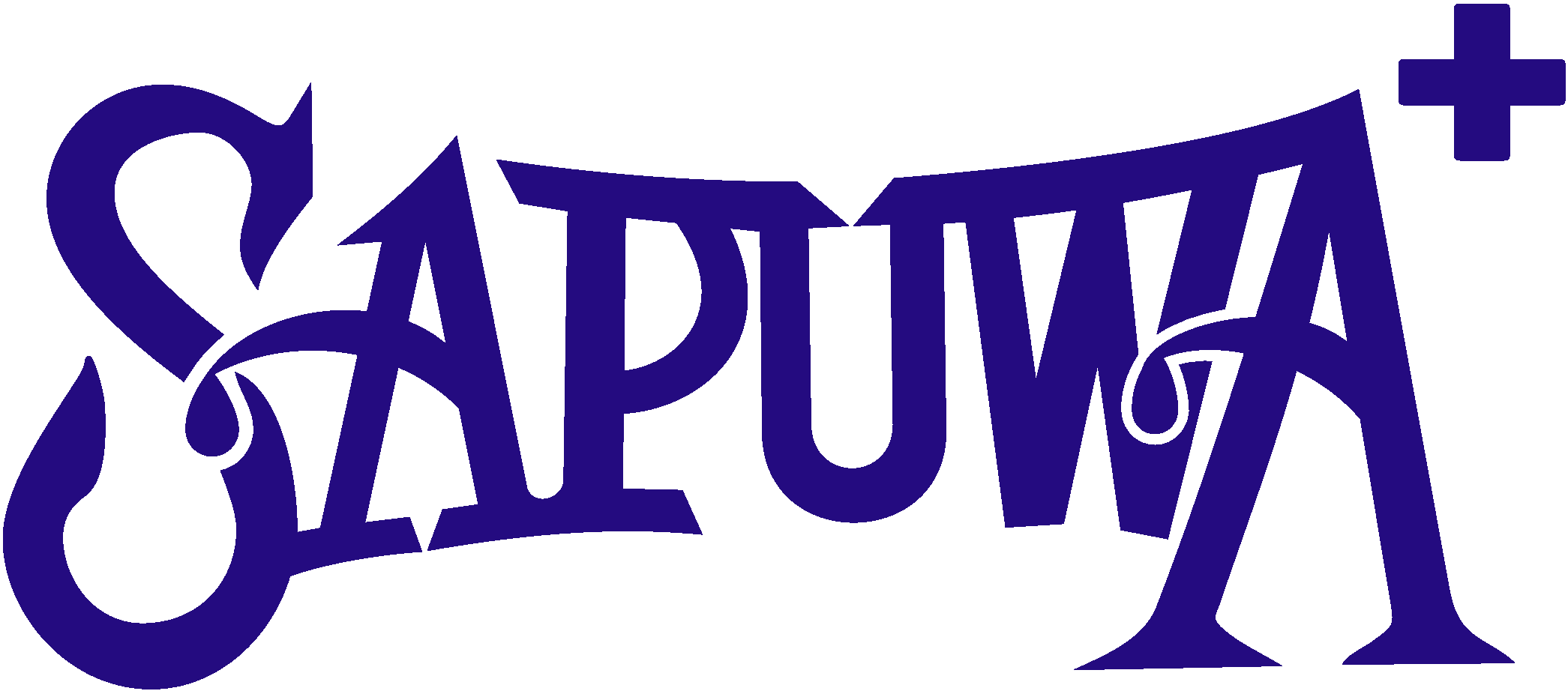How to Hire Great Employees
Investors say they invest in people as much as they invest in ideas, and when it comes to your company, it is not just top management that can make or break your business. Unpleasant or dissatisfied employees, poorly trained workers, rapid turnover, or a toxic work environment can all predestine your organization to failure. Here are the 5 lessons I learned about hiring from interviewing several C-level executives with thriving multi-million dollar companies and great teams.
Tip 1. Get at least one personal reference in additional to professional ones.
When you hire someone, you are bringing their character and personality into your business. Checking previous employers tells you if the person is honest (or at least has never been caught cheating/stealing), and a bit about their work style, attendance, attitude, and skills.
Talking to someone’s best friend, aunt, neighbor or other personal reference, however, allows you to ask different kinds of questions that help reveal their character. A few suggested questions and things to look for in the responses include:
a. How long have you known the candidate? This answer can tell you about a candidate’s long-term friendships. If the answer is “3 months,” you need to worry that they are not capable of making enduring connections with others.
b. Is he/she reliable? Friends and family members who do not think so will often share details that will surprise you (e.g., “Well, I would never leave my cat with her because of the time she burned so and so’s house down, but I think she has really grown since then…”)
c. Why do you think he/she is interested in this job? This can reveal a context that can bolster your interest in the candidate (e.g., “She has always been passionate about marketing – in fact, when we were kids, she ran the best lemonade stand on the block) or could put you off (e.g., “Well I think he really wants to go into bar tending, and this job seems perfect for a short-term gig.”)
d. Is there anything else I should know? This one is essential. I can tell you from personal experience that I have gotten more information from this question than anything you could dig up on Facebook FB -6.08%.
Tip 2. Trust your gut.
The stomach is often called “the second brain” because it has nearly as many neurons as your primary thinking organ. When you instinctively like someone, there’s almost always a good reason. Have you ever admired someone’s smile, and wondered why you liked them immediately? A smile can tell you how confident, stable and friendly a person is, naturally. While you need to allow for “interview jitters” to some extent — like white coat syndrome in the Doctor’s office —a poised and pleasant manner implies a well-grounded person who is confident about their skills. If the potential hire does not make eye contact, gives you a limp handshake, or otherwise gives you the creeps, probe some more. Perhaps the candidate is withholding important details about their previous work experience or has failed to mention a blow up with a previous employer. If you still feel uncomfortable, they are probably not right for your team, even if their resume is the best of the lot.
Tip 3. Be clear about the job description.
While many busy executives use standard job definitions (available online and from various employment services), a savvy business owner will try to customize their job descriptions to fit the flavor of the organization. Do you need an excellent writer for your blogs, or someone with an exciting visual sensibility who can create or choose attractive storyboards and photos? You may not be able to find both of these skills in one person, or at least they may not be equally balanced – so articulate what is most important to you. Sometimes splitting a set of tasks into two part-time positions will make much more sense, especially if the skills involved are highly specific and/or opposites. The worst hire is someone who is great at one aspect of the job you need done, and awful at others. If you need a well-rounded hire, be sure that he or she has successful experience in each aspect of the job. It’s very helpful to rank your requirements in the order of importance to you.
Tip 4. Introduce a new hire formally and informally.
Set the tone of your office atmosphere by making the introduction of a new person feel important. Make this action a way for you to show respect for them, and for your existing staff. All change is somewhat threatening, and people in a work setting can’t help but assess a newcomer against their own skills and experience; therefore, it is crucial to explain the new hire’s role in your company. This means a formal person-to-person introduction with everyone at their level in the organization, as well as anyone they will report to or work for. After formal introductions, make sure that an informal event includes all new hires within a few weeks. For example, you could set aside a late Friday afternoon hang out time from 4:30-5:30pm once a month, complete with ice tea and mini cupcakes. This small investment of time and energy can be the best way to integrate and welcome new hires, and allow all of your staff to celebrate the end of the workweek together.
Tip 5. Be scrupulous about scheduled reviews and feedback.
The first 3 months of a new hire’s tenure should be a “mutual trial period.” This policy is actually reassuring to most new hires. It allows you and your new employee to see if there’s a good fit, and to make sure that they are comfortable and productive in your work environment. After one month, the employee should have a face-to-face meeting with their supervisor to discuss the position, expectations, and experience so far. This is usually a verbal feedback session, where the supervisor needs to stress all the ways the employee is hitting the mark, and one or two areas where they feel there should be improvement. It is particularly helpful if the supervisor asks the employee what areas they feel they should be focusing on for the next 3 months.
At the end of the 3-month trial period, you should provide a formal written review. The most productive reviews are based on written self-assessments by the employee that he or she can discuss with their supervisor. Often, an employee will rate themselves lower on a specific skill or issue than the supervisor; and sometimes, of course, the opposite is true. Regardless, it is imperative to build trust and honesty into these sessions if you are going to encourage and mold a new employee into a model employee. Thereafter, research shows that formal reviews every 6 months are far more productive than those held just once a year.
There is no way to guarantee you will make a good hire, and you should expect that things will not work out sometimes. But taking this advice should make the process more successful for everyone involved.
Source:http://www.forbes.com/sites/kateharrison/2013/05/18/how-to-hire-great-employees/2/
Collected by Nhu-Vu SAPUWA
Relative post
- The Virtue of Admitting Fault
- The Power of Admitting A Mistake
- How to Work From Home Effectively
- 7 simple tips to tackle working from home
- 5 ways to make working from home better
- Top 10 Reasons to Start Your Own Business
- Success Tip: To Be Different, You Have To Think Different
- How To Stop Thinking And Start Doing
- Connected Employees: 10 ways to connect with your team
- 5 Ways To Help Teams Connect Virtually
- 10 Things Leaders Managing Remote Employees Should Do
- Seven ways to build the solidarity economy








 0
0


